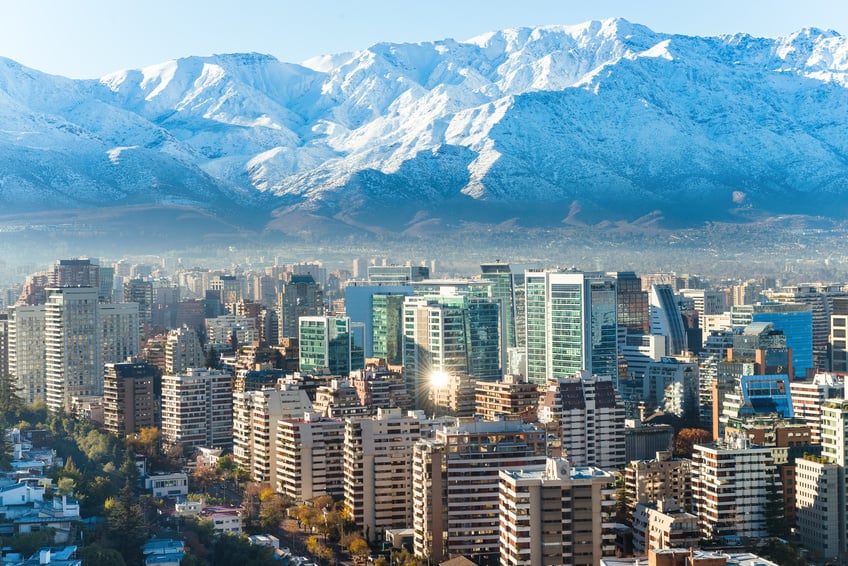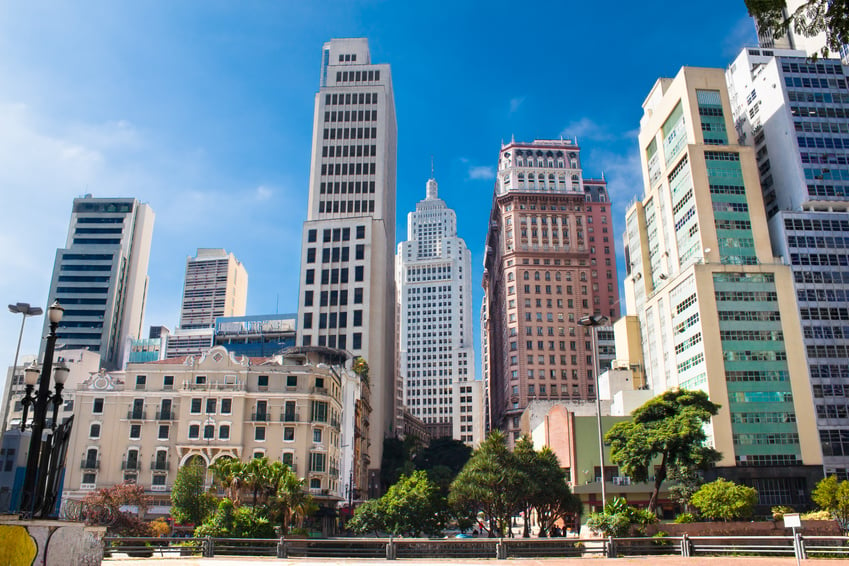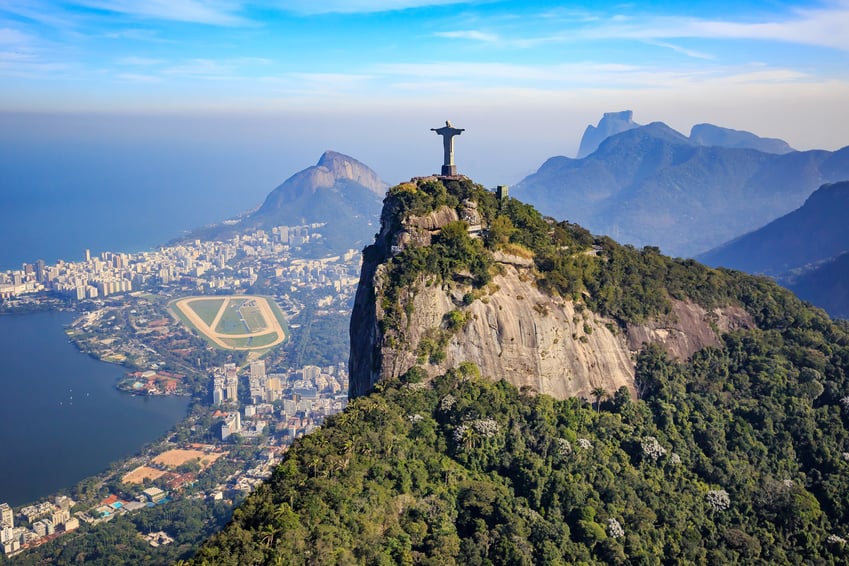In brief
We have noticed that for a long time foreign, and sometimes even national companies, have had the need to access more information regarding the legal and regulatory aspects of waste management existing in Chile. Likewise, many times an in-depth analysis of the regulatory situation is necessary to understand the key aspects before investing in Chile.
The purpose of this brief article is to address the aforementioned, specifically the regulation of Extended Producer Responsibility in Chile.
Contents
- Brief description of the Extended Producer Responsibility Bill:
- Procedural Regulation of the Recycling Bill:
- Exempt Resolution N° 805 of 2021, that “Issued General Purpose Instruction that specifies the Content of the Reports that must be filed by the Tire Management Systems, in accordance with Article 17 of the Supreme Decree N° 8 of 20191, of the Ministry of Environment”
Brief description of the Extended Producer Responsibility Bill:
The Bill N° 20.920 about “Waste Management, Extended Producer Responsibility and Recycling Promotion” (hereinafter also referred as “The Bill” or “REP Bill“), encourages the reduction in the generation of wastes and promotes recycling, by holding producers and importers accountable for funding a correct management of the wastes generated by the products that are traded in the national market, whether they are imported or nationally manufactured. Together with redefining the countries current approach on waste management, it has placed Chile as forerunner in the implementation of a recycling public policy in Latin America.
The purpose behind the implementation of the Bill is to seek the reduction in waste generation and increase the waste reuse rate up to a 30%.
In this regard, one of the guiding principles that inspire the Bill is the one that enshrines: “He who contaminates, has to pay” , that is to say, the producer of waste is liable for it, as well as to internalize the costs and the negative externalities associated to its management (Article 2° of the Bill.)
In accordance with the aforementioned, the Bill creates the figure of the “Extended Producer Responsibility”, which compels manufacturers and importers of certain articles labelled “priority products” to, once the service life of the products expires, organize and fund the recollection and treatment through a management system established to that effect.
The so-called priority products are: (i) oils and lubes; (ii) electric and electronic devices; (iii) batteries; (iv) containers and packages; (v) tires; (vi) AA Batteries; and (vii) newspapers and magazines; all of which have been considered as priority products due to the massiveness in their consumption; material volume and reuse feasibility. Notwithstanding the fact that the Bill only mentions this seven products, the Ministry of Environment retained the right to incorporate in the future new priority products to the list, by means of the issuance of Regulations.
Regarding the implementation of the Extended Producer Responsibility figure, even though the Bill is in force since mid-2016, there are certain dispositions that require, for their enforceability, the issuance, by the competent authority, of Supreme Decree´s that establish the instruments destined to prevent waste production and promote their valuation.
Finally, the Bill establishes a monitoring and penalization regime, where the Environmental Monitoring Agency shall be the competent authority to verify the compliance of the obligations established in the present Bill, being enabled to enforce monetary penalties arising up to the amount of USD 780,000 in case of minor infringements, and up to USD 7,800,000 in case of major or severe infringements.
Procedural Regulation of the Recycling Bill:
By means of the Decree N° 8 of 2017, which “Regulates the Elaboration Process of the Supreme Decree’s Established in the Bill N° 20.920”, the process for the elaboration of supreme decree´s that establish instruments destined to prevent waste production and promote their valuation, as well as establishing recollection goals and other associated obligations has been ruled.
Pursuant to the Regulation, every supreme decree that establishes recollection goals must mention the priority product governed by it, the categories or sub-categories enforced by it, the recollection goals, the associated obligations, the producers bound by it, the restriction in the use of individual or collective management systems, among others.
Regarding this last point, and in case the producers decide to assume the obligation of managing their wastes collectively, the supreme decree shall determine the objective criteria according to which each producer will fund the collective management system where he´s incorporated, such as amount of products commercialized in the country, the composition or design of those products, the implementation of eco-design or deposit and reimbursement system measures and the application of other measures.
Only once the supreme decree´s that establish the corresponding Regulations are issued, it will be possible to assess the impact and economic effects produced by this new recycling provisions within the industry.
Exempt Resolution N° 805 of 2021, that “Issued General Purpose Instruction that specifies the Content of the Reports that must be filed by the Tire Management Systems, in accordance with Article 17 of the Supreme Decree N° 8 of 20191, of the Ministry of Environment”
The purpose of the Instruction is to narrow down the information that the Tires Management Systems2 will have to provide in the preview report and in the final report that they have to file, annually, before the Ministry of Environment, pursuant to Article 17 of the Supreme Decree N° 8 of 2019, issued by the Ministry of Environment.
The Instruction applies with respect to individual or collective management systems, and therein, it is pointed out, in Article 1, the content that the reports shall have, divided in: (a) General Contents, such as tire category, identification of the management system and its producers, approval of the management plans issued by the Ministry of Environment, waste management agreements, among others; and (b) Technical Contents.
Furthermore, the instruction additionally refers to:
- How to file the reports: The reports must be filed through the Emission and Pollutants Transfer Record Platform of the Ministry of Environment;
- Deadline for filing the reports before the Ministry of Environment; and,
- Final certification indications.
Click here to download the Spanish Version.
1. Article 17 of the Supreme Decree N° 8 of 2019: Article 17.- Content. Every supreme decree that establishes goals and other associated obligations shall contain, at least, the following elements: a) The priority product governed by the decree, with specification of the categories and subcategories affected by the Extended Producer Responsibility, as well as those excluded of the aforementioned liability, but subject to reporting obligations in virtue of the article 11° of the Bill N° 20.920; b) The recollection and valuation goals; c) The regulation of one or more associated obligations, when applicable; d) The deadline and minimum contents of the preview and final goal compliance reports and other associated obligations, as well as the determination if those reports will have to be certified by and external auditor, notwithstanding what´s established in article 22, letter c) of the Bill N° 20.920. Final reports will have to be filed at least, annually; e) The producers affected by it; f) The definition if there shall be a restriction for the application of an individual management system or a collective management system; g) The enabling to allow the integration of other relevant stakeholders in collective management systems, when applicable; h) The objective criteria according to which each producer will have to fund the collective management system they are part of, such as the amount of products commercialized in the country, the composition or design of those products, the implementation of eco-design or deposit and reimbursement system measures numbered in article 13 of the Bill N° 20.920, when applicable; i) The minimum term during which the producers will have to remain in the same management system; j) The obligation of management systems of maintaining a valid security bond, insurance or other collateral to ensure the compliance of the obligation of fulfilling goals and other obligations, when applicable; k) The identification of the municipalities that shall incorporate in their municipal regulations the obligation of separating in origin and promote recycling, if applicable; l) The determination of the minimum surface that the facilities of distributors or marketers of priority products shall have, in relation with the arrangement obligation established in article 33 of the Bill N° 20.920 and the minimum conditions and requirements that shall be met by the location destined for the collection and storage facilities, when applicable; m) The amount of wastes generated by industrial consumers, that shall determine the application of what´s established in article 34, third section of the Bill N° 20.920, when applicable; n) The circumstances according to which the priority products waste shall be considered effectively valuated; and o) The term of enforcement of the recollection and valuation goals.
2. Management Systems: nonprofit organizations funded by the Priority Product Producers through which the latter must comply with the obligations established by the REP Bill. The Management Systems can be individual or collective. Likewise, the Priority Product Producers are those who place a priority product for the first time in national market, are subject to the Extended Producer Responsibility and, therefore, are those mainly governed by the Bill.



